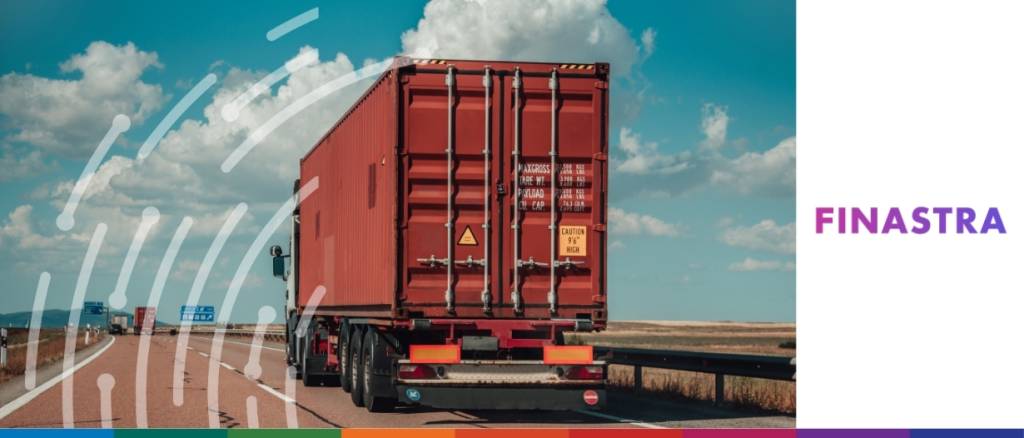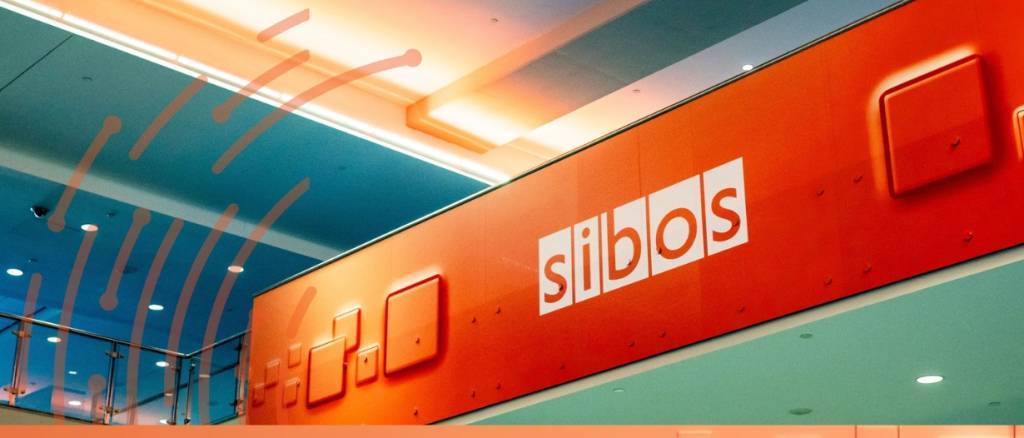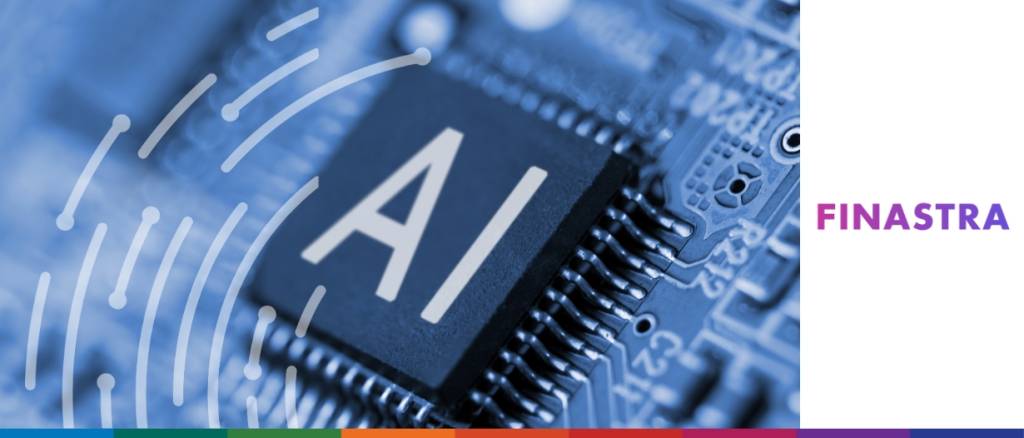However, how to overcome these challenges – especially in a complicated geopolitical landscape – and evolve with the opportunities remains a hot topic. Finastra, a global provider of financial software… read more →
The responses assume 2025’s key financial trends: digitalisation through generative AI (GenAI), cloud adoption, and API-driven ecosystems. These come with a strong emphasis on regulatory compliance and environment, social, and… read more →
According to Allied Market Research, the global supply chain finance market was worth $6 billion in 2021 and is projected to reach $13.4 billion by 2031, growing at a CAGR… read more →
Technical Committee 68 of the International Organisation for Standardisation (ISO) for financial services standardisation created a common standard, ISO 20022, around two decades ago. This development was transformational. It was… read more →
The sometimes-termed ‘Olympics of banking’ saw the biggest names in banking give speeches and panels over four days covering new developments in the industry, innovation, and emerging themes for the… read more →
The project was conducted with participating banks including Lloyds, Emirates NBD Bank, and Federal Bank Limited. It tested the transmission of electronic trade documents between Swift member banks and WaveBL’s… read more →
Mastercard has launched an ambitious new service to speed up commercial cross-border payments in light of surging international trade flows.
With banks constantly looking to achieve growth objectives and remain competitive, middle-market growth corporates present an opportunity hidden in plain sight. These companies, which in some cases reach $1 billion in annual revenue, are in fact large enterprises in the making: attractive targets for banks.
Gender diversity in trade finance and transaction banking remains a significant challenge. As the industry grapples with this gender gap, innovative approaches will be necessary to foster a more inclusive… read more →
In 2024, the year of dramatic elections, tectonic shifts in governing power, and heightened tensions worldwide, Sibos attendees are keeping their eyes squarely on the road ahead. This year’s theme,… read more →
























